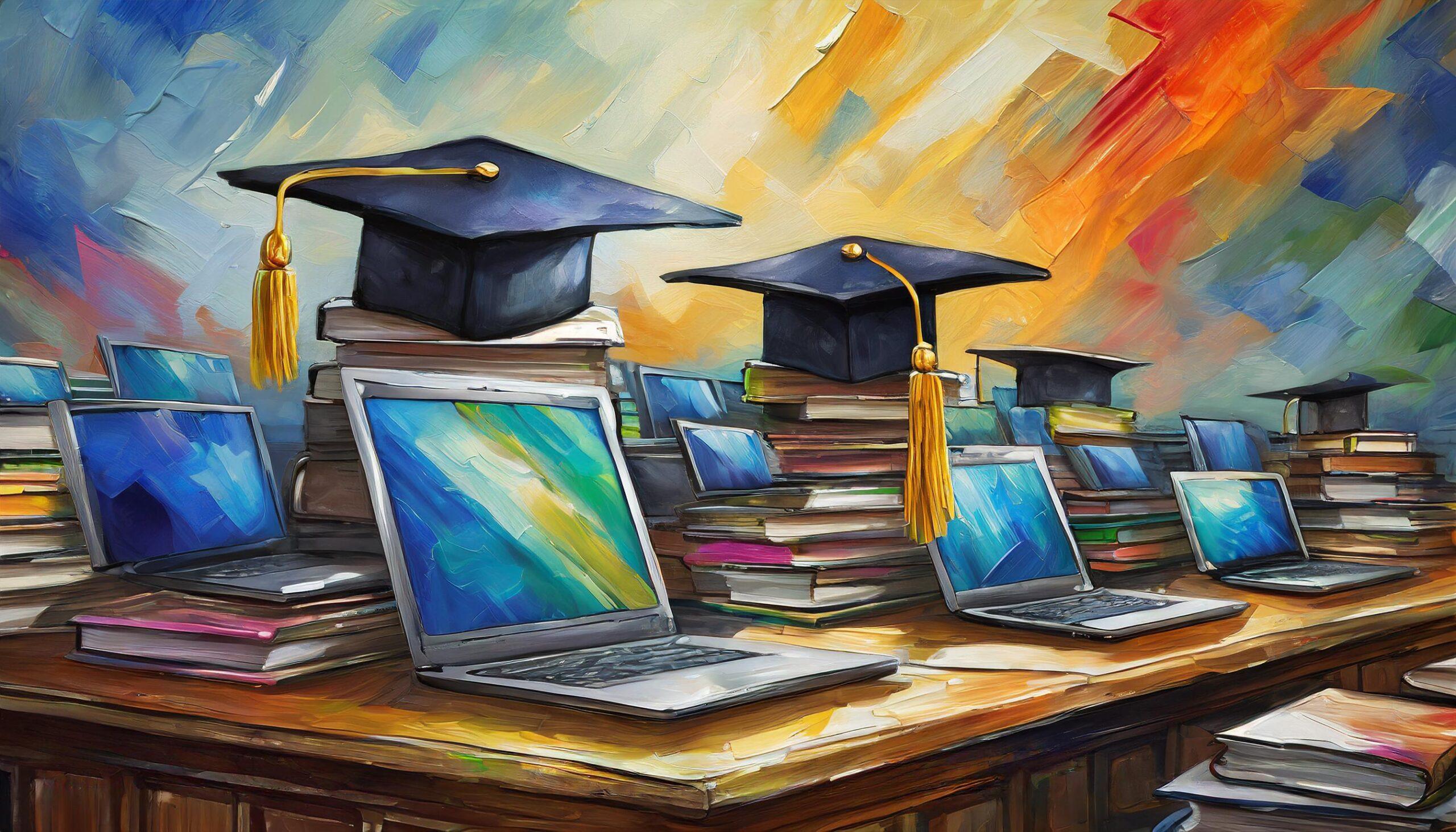Future-Proof Careers: How to Prepare Students for Tomorrow’s Jobs
In today’s rapidly evolving job market,preparing students for future-proof careers has become a top priority for educators,parents,and policymakers. the influence of technology, globalization, and changing work environments means that tomorrow’s jobs will demand adaptable, well-rounded candidates. This complete guide explores actionable strategies, essential skills, and real-world experiences to help students succeed in tomorrow’s dynamic workforce.
Understanding Future-Proof Careers
The term future-proof careers refers to professions and roles that are expected to thrive in the coming years, regardless of industry changes and technological advancements. These positions often require a combination of technical know-how,critical thinking,and soft skills—making it crucial for students to develop a diverse skill set.
- Technology Integration: Roles in AI, data science, cybersecurity, and automation will continue to grow.
- Human-Centered skills: Professions emphasizing creativity, empathy, communication, and collaboration are less susceptible to automation.
- Adaptability: The ability to learn new skills and pivot into emerging fields will distinguish future professionals.
Keywords to Remember:
Some SEO keywords for this topic include: future-proof careers, preparing students for future jobs, adaptable skills, employability, education for tomorrow’s workforce, in-demand skills.
Core Skills for Tomorrow’s Careers
To empower students for future-proof jobs,schools and training programs must focus on cultivating both hard and soft skills. Here’s a detailed breakdown:
1. Digital Literacy & Technological Proficiency
- Understanding coding fundamentals, digital collaboration tools, and cybersecurity basics
- Embracing new technologies such as Artificial Intelligence, Machine Learning, and IoT
- Continuous learning through online platforms (e.g., Coursera, Udemy) and micro-credentials
2. critical Thinking & Problem Solving
- Analyzing complex details, synthesizing ideas, and making informed decisions
- Utilizing logical reasoning and creative approaches to overcome challenges
3. Communication & Collaboration
- Articulating ideas clearly across various platforms and contexts
- Working effectively within diverse teams, promoting inclusive workplaces
4. Emotional Intelligence
- Recognizing and managing emotions in oneself and others
- Building resilience and fostering strong professional relationships
5. Adaptability & Lifelong Learning
- Embracing change and pursuing ongoing personal and professional growth
- Developing transferable skills applicable across industries
Benefits of Preparing Students for Future-Proof Careers
by investing in the education and holistic development of students, society nurtures a workforce that is capable of handling emerging challenges.The primary benefits include:
- Increased Employability: Students equipped for future careers will have an edge in competitive markets.
- Enduring Economic Growth: Adapting to industry changes ensures long-term stability and innovation.
- Personal Fulfillment: Pursuing meaningful work with purpose-driven mindsets fosters a positive society.
Practical Tips to Prepare Students for Tomorrow’s Jobs
Educators, parents, and students can use the following strategies to ensure readiness for future-proof careers:
1. Embrace Project-Based Learning
Encourage students to participate in real-world projects that develop teamwork, leadership, and practical problem-solving skills.
2. Integrate STEAM Education
Blending Science, Technology, Engineering, arts, and Mathematics offers students a multidisciplinary perspective relevant to tomorrow’s jobs.
3. foster Entrepreneurial Mindsets
Introduce students to the basics of innovation, risk-taking, and business development. Entrepreneurship classes and competitions can spark creativity and resilience.
4. Offer internships & Work-Based Learning Opportunities
Connect students with local organizations and global companies for hands-on experience and mentorship. Internships build confidence and real-world skills.
5. provide Career Counseling & Mentorship
Qualified counselors and mentors help students identify strengths, set goals, and navigate evolving career landscapes.
6. Stay Up-to-Date with Industry Trends
Regularly review reports from organizations such as the World Economic Forum, LinkedIn, and Gartner to identify emerging roles and necessary skill sets.
7. Encourage Digital Portfolio Building
Motivate students to document achievements,skills,and projects online (through platforms like LinkedIn,GitHub,Dribbble),enhancing visibility to future employers.
Case Study: A School’s Approach to Future-Proofing Careers
Consider the example of Lincoln High school which successfully integrated future-proof career readiness strategies into its curriculum:
- STEAM Labs: Dedicated labs allow students to work hands-on with robotics,coding,and design thinking.
- Professional Partnerships: Partnerships with tech companies provide mentorship, internships, and modern learning resources.
- Career Fairs & Workshops: Regular events introduce students to emerging job roles and skill requirements.
- Personalized Learning Pathways: Guidance counselors help students select coursework and extracurricular activities suited to their aspirations.
This holistic strategy resulted in higher employability statistics and greater adaptability during post-high school transitions.
Frist-Hand Experience: Preparing for AI and Automation
Meet Tania, a recent college graduate who sought to future-proof her career. She shares her journey:
“I realized early on that artificial intelligence and automation would change the workforce. I took extra courses in machine learning, joined a student-run AI lab, and started networking with professionals on LinkedIn. Those experiences helped me land a job at a tech startup focusing on ethical AI. today, I help my colleagues adapt to rapid changes while continuing my own education through micro-credential programs.”
tania’s story highlights the importance of proactive learning and networking in achieving future-proof career success.
Trends in Education for Tomorrow’s Workforce
Education systems worldwide are evolving to meet the needs of future jobs:
- Personalized Learning: Adaptive technologies help students learn at their own pace and focus on individualized strengths.
- Blended & Remote Learning: Online platforms break down barriers, providing flexible access to top-tier education from anywhere.
- Focus on well-Being: Mindfulness,resilience training,and mental health support are becoming standard in future-ready schools.
- Global Collaboration: Cross-border projects and international partnerships prepare students for a connected world.
Conclusion: Guiding Students Towards Future-Proof Careers
Ensuring students are equipped for future-proof careers requires a multi-faceted approach: nurturing adaptable skills, offering practical learning opportunities, and keeping up with ever-changing industry demands. By prioritizing holistic education and career guidance, educators and parents can definately help students stay competitive and confident in tomorrow’s workforce.
Start today—encourage curiosity, embrace innovation, and invest in skill development. The careers of tomorrow are built on the actions you take today.
Are you ready to prepare your students for tomorrow’s jobs? Share this article and join the conversation!

